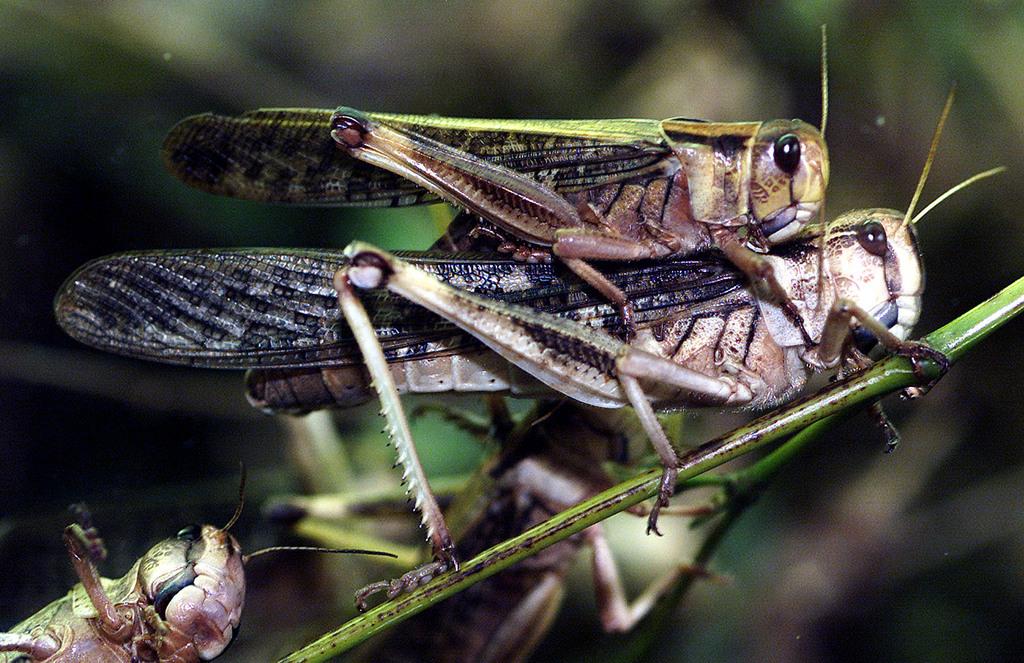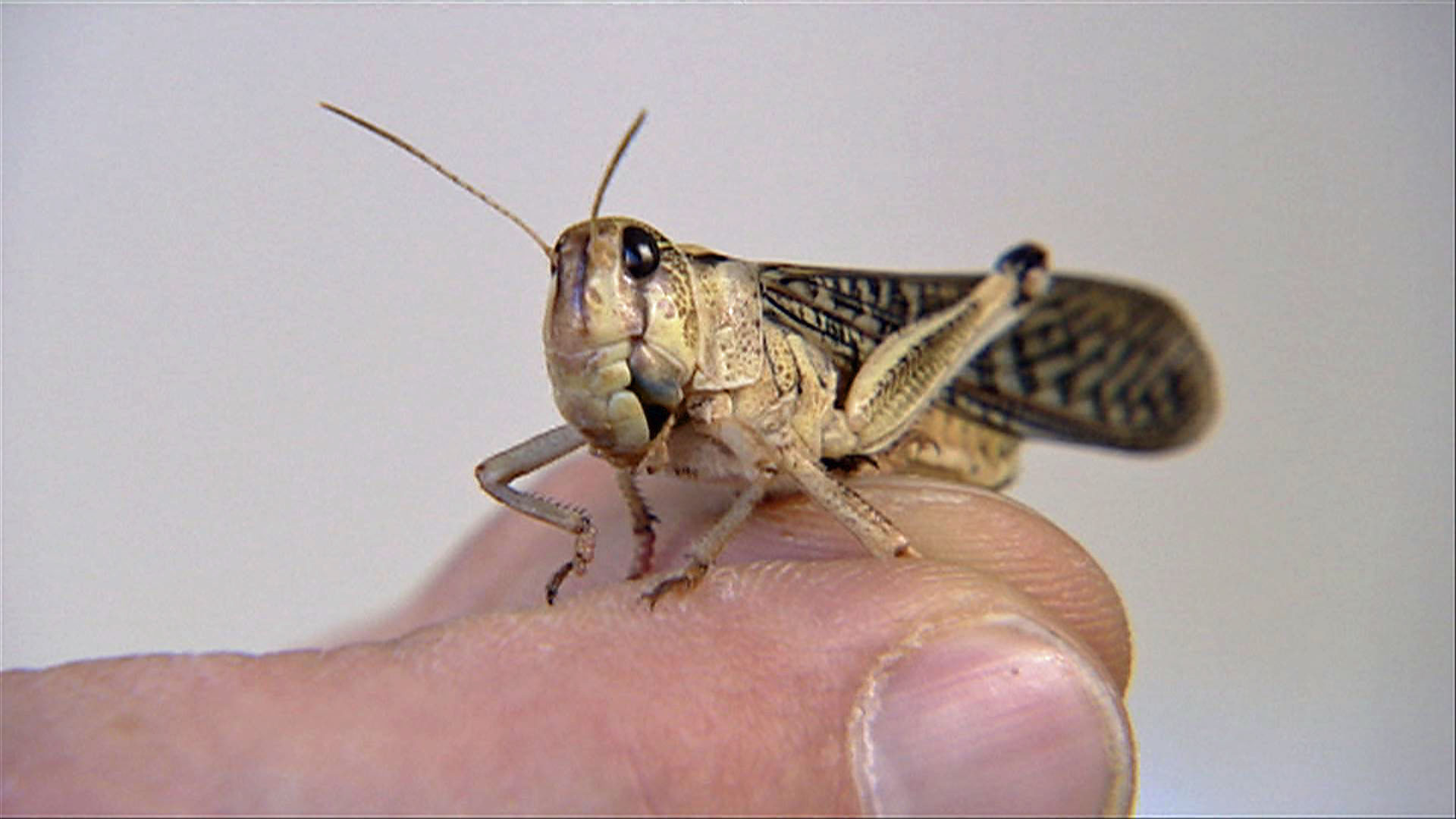Scrambled legs: insects set to appear on plates

Crickets, locusts and mealworms could be on Swiss menus and supermarket shelves next year, after being given the green light by the Federal Food Safety and Veterinary Office.
However, the range of insects on offer is currently limited to these three species because of protein allergies and production conditions.
A consultation period on commercialising the consumption of insects runs until October.
At present, a permit is required to serve up insects, as has already been done at museum nights or at a buffet in parliament last year where instead of salmon canapés and bread sticks, politicians were served mealworm hamburgers, cricket rissoles and grasshopper mousse. Feedback was by and large positive.

More
Swiss politicians try out insect buffet
The authorisation of insects as food is part of a comprehensive revision of the Swiss food law.
Last summer parliament agreed a change to the law which involved on the one hand better declaration of raw materials and on the other harmonisation with EU law.
On Monday the Food Safety and Veterinary Office announced a paradigm shift: all food should be allowed which is safe and corresponds to the law.
Until now it was the other way around: all food that was not explicitly mentioned in the law needed a permit. For example, a milk fat product that doesn’t contain enough milk to be turned into butter will in future no longer need a permit – although it still won’t be able to be sold as butter.
Traditional diet
Breeding of insects for human consumption already has the backing of the United Nations. In 2013, the UN Food and Agriculture Organization issued a 200-page report assessing insects’ uses as food for humans and livestock.
According to the report, “it is widely accepted that by 2050 the world will host nine billion people. To accommodate this number, current food production will need to almost double”.
The UN believes bugs should be exploited as a major future food source. Although many people may react to the idea with disgust, insects make up a part of the traditional diets of about a billion people, the report estimates.
More than 1,000 species of insects are known to be eaten in 80% of the world’s nations. Studies show that insects contain significantly less saturated fats than edible animal meat. They also contain comparatively more protein than meat when it comes to size.

In compliance with the JTI standards
More: SWI swissinfo.ch certified by the Journalism Trust Initiative

You can find an overview of ongoing debates with our journalists here. Please join us!
If you want to start a conversation about a topic raised in this article or want to report factual errors, email us at english@swissinfo.ch.